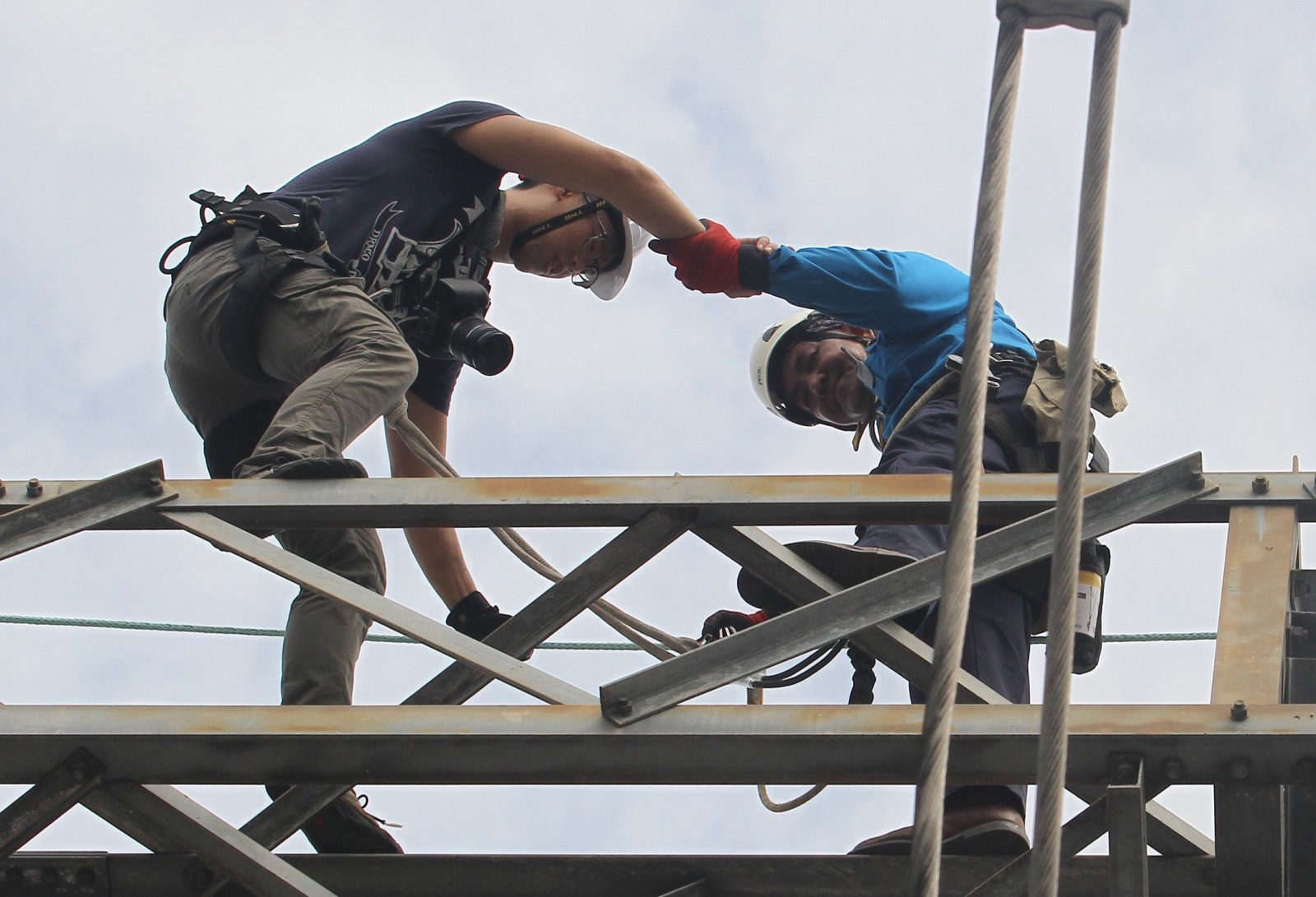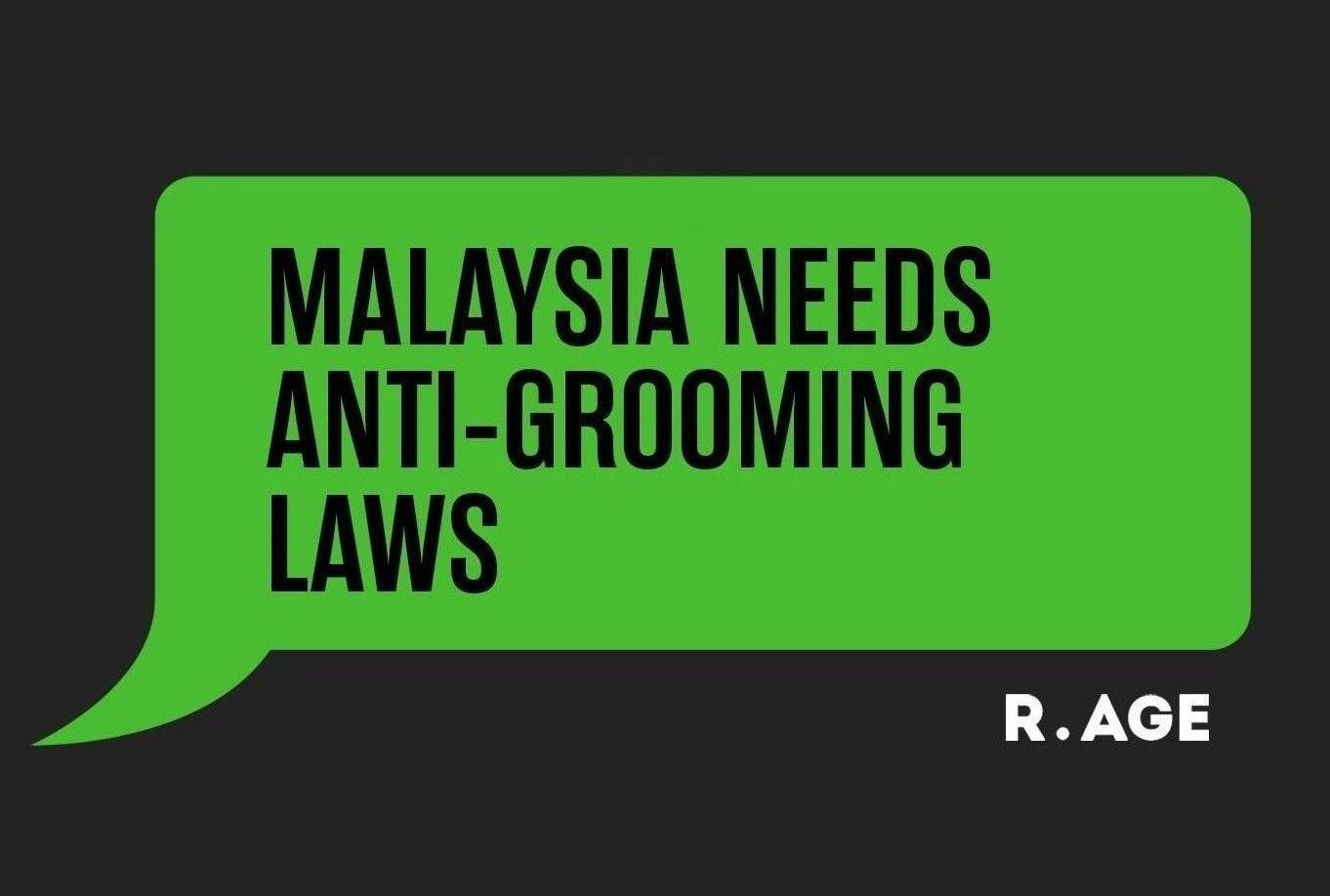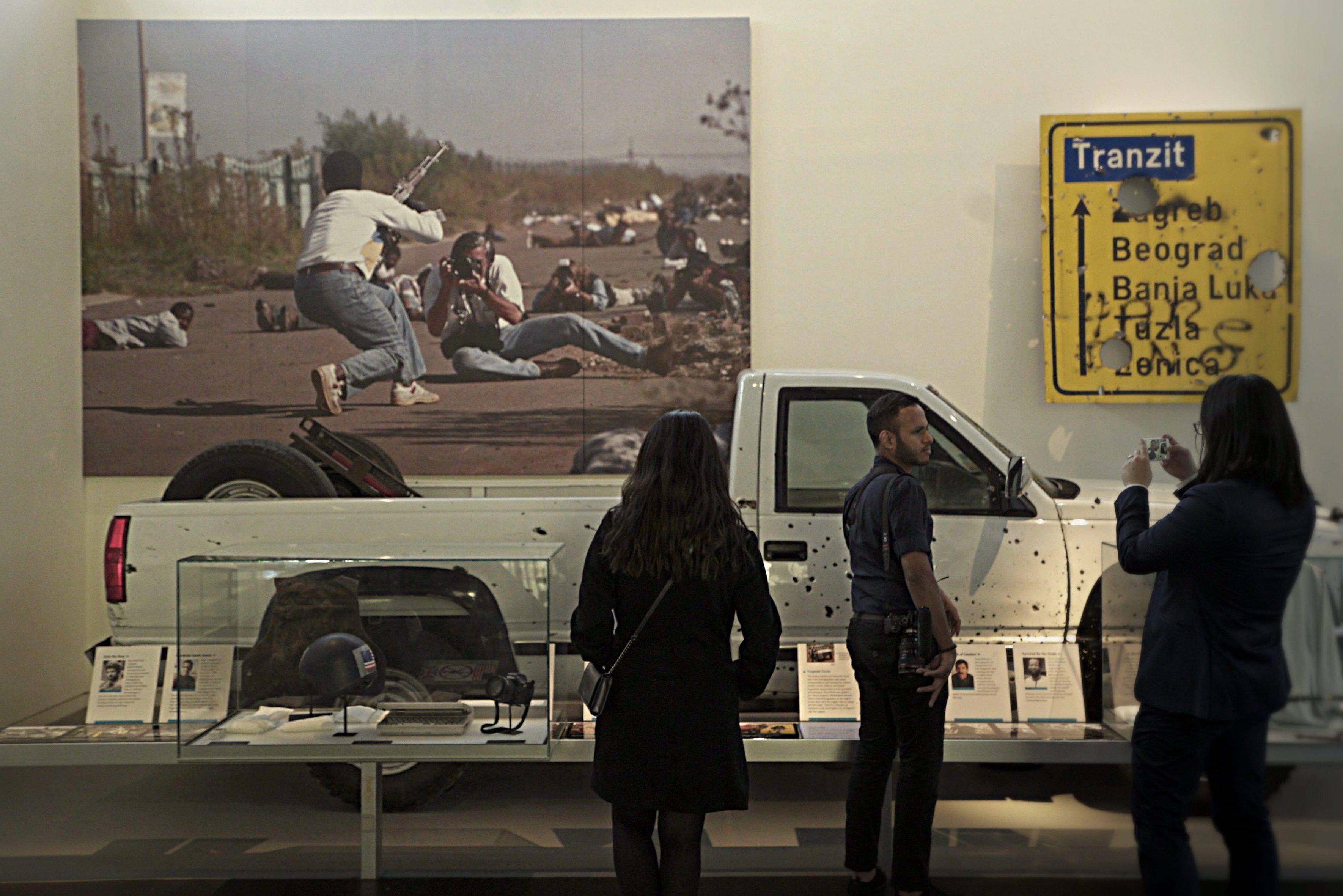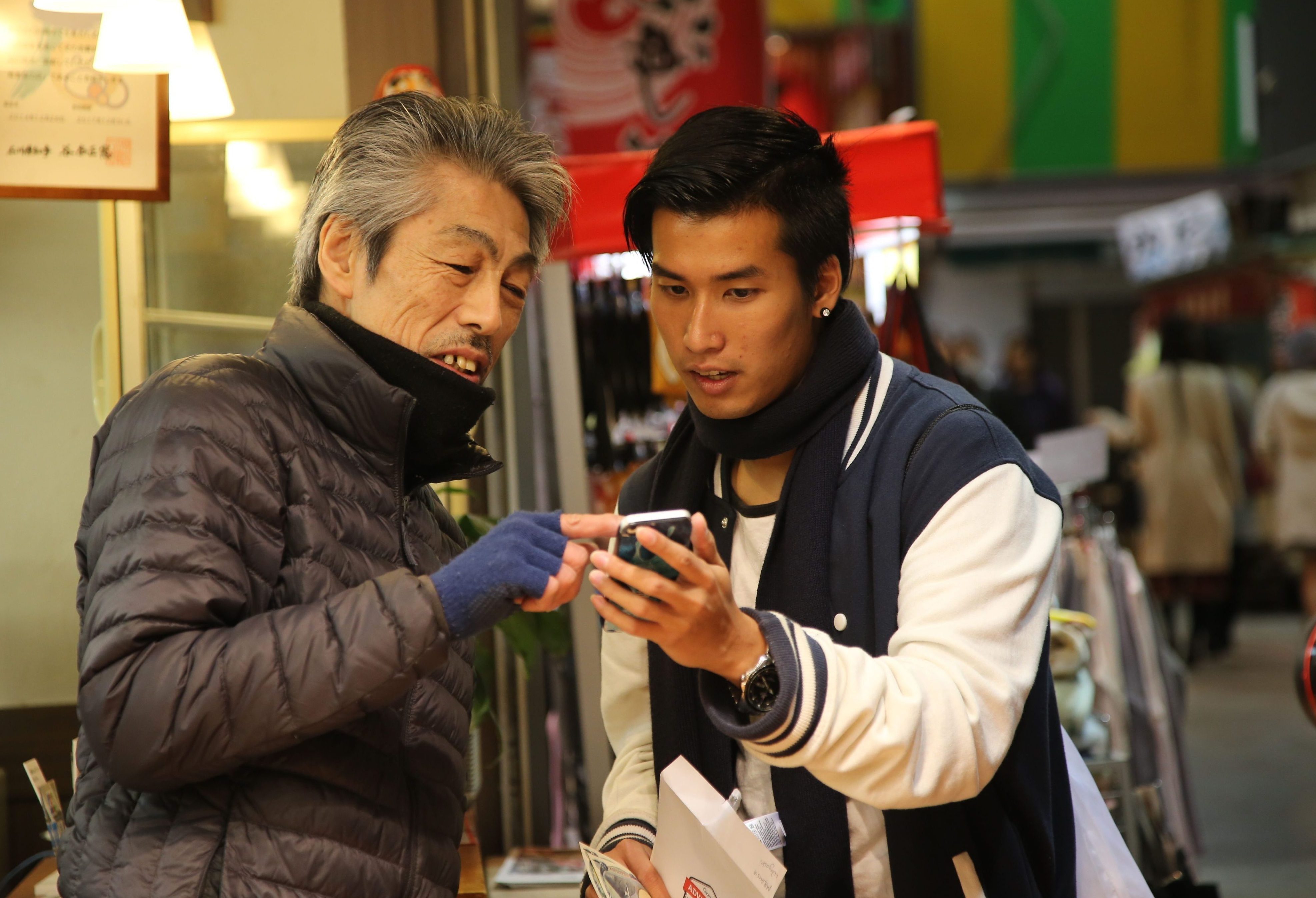By CARLOS RUBEN DOURADO and CHOO XIN ER
brats@thestar.com.my
IN the five years since he became a full-time journalist, BRATs Raub 2005 participant Nicholas Cheng has already experienced adventures beyond anything he could have ever imagined.
From climbing to the top of a TNB pylon tower, to reporting on the disappearance of flight MH370, he has come a long way from the nervous BRATs participant he was in 2005.
And now, he’s set to take his career to the next level. Cheng was selected for the 2017 Daniel Pearl Fellowship in the United States, and he’ll be working at the San Francisco Chronicle for six months starting in March.
We sat down with Cheng last week to find out how the BRATs young journalist programme shaped his career, and what he thinks about journalism and young people today.

Cheng (left) on top of a 10m electric pylon, while covering a story about TNB repairmen. — SAIHAN GHANI/The Star
How did your passion for journalism come about?
When I was young, I loved watching TV. I remember watching a movie called The Paper when I was 10. The movie gave me a glimpse into a day in the life of a journalist, which I found really fascinating. Michael Keaton, the main character who played a top-notch journalist, is probably where I drew most inspiration from.
Why did you choose to join BRATs?
When I was 15, I stumbled upon BRATs while flipping through The Star and chose to apply for it. Five years after watching that movie, I was still very much interested in becoming a journalist. It’s quite amazing how I kept myself rooted to wanting to be a journalist all those years because most children go from one ambition to another as they grow up.
What was your first impression of the camp?
To be honest, I was really intimidated, mainly because I didn’t know anything about the world of journalism, so it hit me hard on the first day of the camp. I was also very quiet as a teenager. I was in my own bubble, which made it hard for me to open up, especially when we had to go out on our field assignments and talk to strangers. It wasn’t what I expected it to be, because at the time I had only attended school camps. In comparison to those, the BRATs Camp was much more than just a learning opportunity – I got to put my new skills into practice.
What skills did you learn at the BRATs Camp?
They taught us the basics of journalism, like conducting interviews and writing articles, among other things. But they also urged me to continuously be on the lookout for happenings in my community, which really enabled me to be more observant towards my surroundings. This further reinforced my ambition to report on what was happening to people who couldn’t or weren’t able to access that kind of information.
What valuable lessons did you learn at BRATs?
Despite having a rocky start, I would say that I opened up after the first couple of days of the camp. I became more confident, with help from the professional journalists on how to approach strangers, and the things I should say to get proper information from them. It might sound a bit cliched, but BRATs really took me out of that bubble, which was my comfort zone, and opened up a whole new world of possibilities for me to venture into. Thanks to that experience, I’ve been able to try different areas of journalism such as being a presenter for SwitchUp TV (now known as The Star TV), which gave me my first on-camera experience, boosting my confidence further.
Which aspect of journalism did you find the most appealing?
What I noticed about this industry is that your beliefs are always challenged. I guess this enables you to see things from another person’s point of view. And that’s what I like about it, because there are not that many jobs that challenge your beliefs, allowing you to grow in a positive way.
What made you apply for the Daniel Pearl Fellowship?
I’ve been working at The Star for a while now, and I’ve been involved in various divisions; general news, crime, politics, and now business. I’ve come to a point where I’ve learnt what there is to learn.
But the good thing about this industry is that there are programmes like this fellowship, where I can work with another news agency, and be involved with different people and environments. This will allow me to gain an insight to the media industry in the United States, where I’ll be able to venture out into something very different from what I’ve already done.
How can young people contribute to the future of the media industry?
Young people are known for their conflicting perspectives, which give them a voice when it comes to current world affairs. Most of them have stepped away from just commenting online to actually making a difference.
Take for example, Malaysians For Malaysia, which is a group of young people who believe in celebrating and accepting the multicultural diversity in Malaysia. I believe that young people can make a change if they stand up for what they believe in.
What advice would you give someone thinking about joining BRATs?
You can’t land yourself a job in journalism through classroom experience alone. You have to be observant and experienced, which is what BRATs can bring to the table.
It will mould you and provide you with lifelong lessons and skills which you can take with you, even if you don’t venture into the field of journalism; skills like doing thorough research, being outspoken and standing up for what you believe in, and most importantly, the skill to tell a story in an objective way.





Tell us what you think!